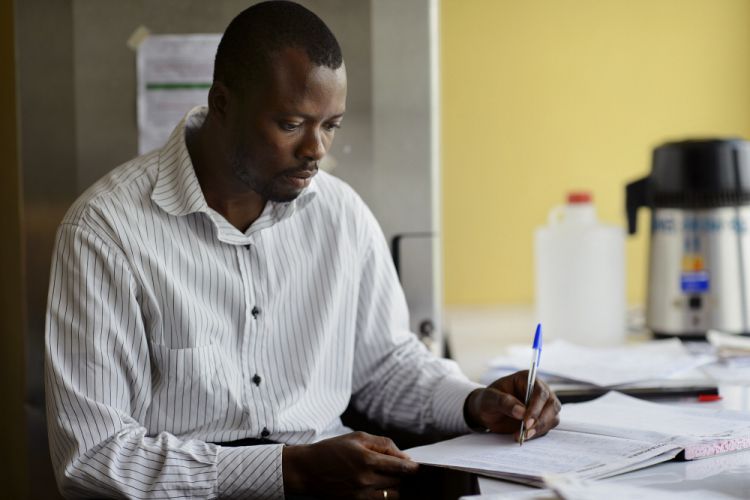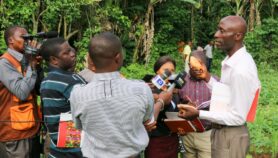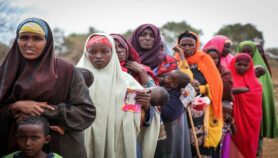By: Ochieng’ Ogodo
Send to a friend
The details you provide on this page will not be used to send unsolicited email, and will not be sold to a 3rd party. See privacy policy.
[EBÈNE CYBERCITY, MAURITIUS] Lack of communication and excessive reliance on acronyms and scientific jargons hinder the ability of policymakers to understand solutions proposed by scientists, a government official says.
Marie Roland Alain Wong Yen Cheong, minister of Civil Service and Administrative Reforms in Mauritius, says scientists and academic institutions often face the difficult but crucial task of clearly communicating evidence‐based information to the public and to policymakers.
“Demystify and simplify climate change-related issues by applying a down‐to‐earth and practical approach.”
Marie Roland Alain Wong Yen Cheong, Civil Service and Administrative Reforms, Mauritius
Speaking at a communication event for the launching of a booklet Climate change adaptation and resilience in Africa recommendations to policymakers in Mauritius this month (4-5 July), Cheong said it is important to bridge the gap between the scientists and policymakers.
“Demystify and simplify climate change-related issues by applying a down‐to‐earth and practical approach,” he urged scientists.
The event was hosted by Academy of Science of South Africa in collaboration with the Mauritius Academy of Science and Technology (MAST), German National Academy of Sciences, Network of African Science Academies (NASAC) and Gender in Science, Innovation, Technology and Engineering.
The booklet published by NASAC, according to Cheong, offers integrated guide for effective policy responses on climate change adaptation, with a focus on sectors such as water, agriculture, fisheries, health and coastal zones on a continental scale.
“I can only commend this laudable initiative which demonstrates the concern and contribution of the scientific and academic communities to help countries in Africa to have a common approach in the identification of capacities to tackle climate change impacts and adaptation as well as to plan for projected future climate change scenarios,” Cheong says.
Climate change is one of the most defining modern challenges and has evolved from mere environmental issue into one which threatens the very foundation of mankind, he adds.
“It is a major challenge to our countries’ abilities to progress safely towards the Sustainable Development Goals as well as threatening the hard-won development which we have achieved over the past decades,” he explains.
Cheong notes that the booklet will raise awareness of policymakers to move with more confidence into the implementation phase of the universally accepted SDGs and address the fundamental problems by identifying how adaptation options could be integrated in various sectors including water and human health.
“African people are highly vulnerable to these changes,” adds Autrey. “The booklet proposes targeted policy actions and strategic win-win interventions.”
This piece was produced by SciDev.Net’s Sub-Saharan Africa English desk.
References
Climate change adaptation and resilience in Africa recommendations to policymakers (Network of African Science Academies, 2015)














